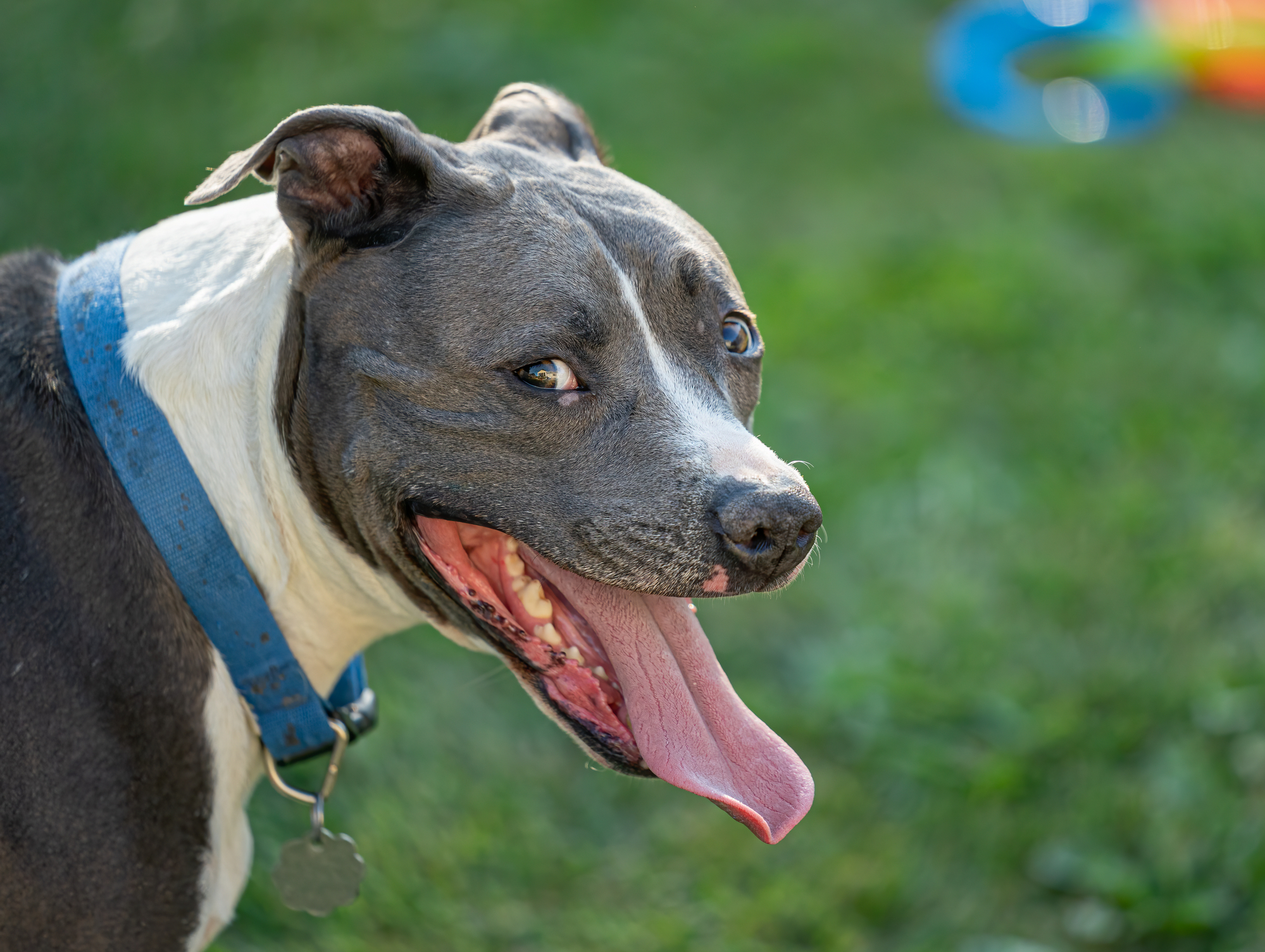Aural Hematoma in Dogs & Cats
Published July 26, 2022


Content Reviewed by an Essentials PetCare Veterinarian
Aural Hematoma: What It Is and How to Treat
Aural hematoma causes blood accumulation between the cartilage and skin layers of the ear, resulting in a “ballooned” appearance of the ear flap. The exact cause of hematoma formation is not always known. Most cases are believed to be caused by underlying ear infections and occur when the patient shakes their head forcefully due to the irritation from the infection. This can result in rupture of small blood vessels within the ear flap and subsequent trapping of blood in the ear flap.
If your pet was diagnosed with an infection during an exam, please use the prescribed medication as directed to resolve this underlying issue. However, some dogs do not have any underlying infection. Other causes that have been proposed include an inflammatory condition of the blood vessels or trauma, but some cases do not have any obvious cause for the hematoma.
Many treatment options exist for aural hematomas ranging from medical therapy to surgical therapy. Typically, the treatment plan involves using oral steroids to reduce the inflammation associated with the aural hematoma. This also allows it to soften and SLOWLY resolve over time, generally 4-6 weeks. Treatment may take slightly longer in some cases.
Steroids are known to have several typical side effects. These include increased thirst, increased urination, increased panting, and increased appetite. In some patients, steroid use may lead to increased aggression either associated with the increased appetite or other aggression-inducing behaviors. These side effects are to be expected while a pet is taking the steroid, especially during the first 2 weeks while the highest dose is being used. These typical side effects will resolve as the medication is weaned down and eventually stopped. In addition, it is possible for steroids to cause gastrointestinal (stomach) upset ranging from mild to severe.
If your pet experiences any vomiting or diarrhea, especially dark black in color, please stop the medication immediately and notify your veterinarian. Steroids should never be administered along with non-steroidal anti-inflammatory drugs or aspirin. If your dog is taking other medications, ask your veterinarian if they are safe to administer concurrently with steroids.
Please also be aware that while most aural hematomas will resolve with little to no problems with steroid therapy, there is a chance of scar formation occurring in the ear as it heals. This can occur with medical or surgical therapy and can range from being mild and unnoticeable (the ear just feels thicker when touched), to moderate enough to be a cosmetic concern (slight wrinkling of the ear), to severe enough to cause blockage of the external ear canal resulting in chronic infections (what is often referred to as a “cauliflower ear” due to the appearance). This is more likely to occur when the ear is allowed to heal on its own without the use of steroids but can always be a possibility in every case.
It is important to follow all of your veterinarian’s recommendations for successful resolution of aural hematoma. This includes proper recheck exams so that treatment can be tailored based on the response to therapy. If the hematoma is not responding to treatment as expected, surgical therapy may be needed.
Essential Tip: Each of our vaccine packages includes both a veterinary exam and portable prescription for flea prevention.
*Prices subject to change. See current prices: https://essentialspetcare.com/services



